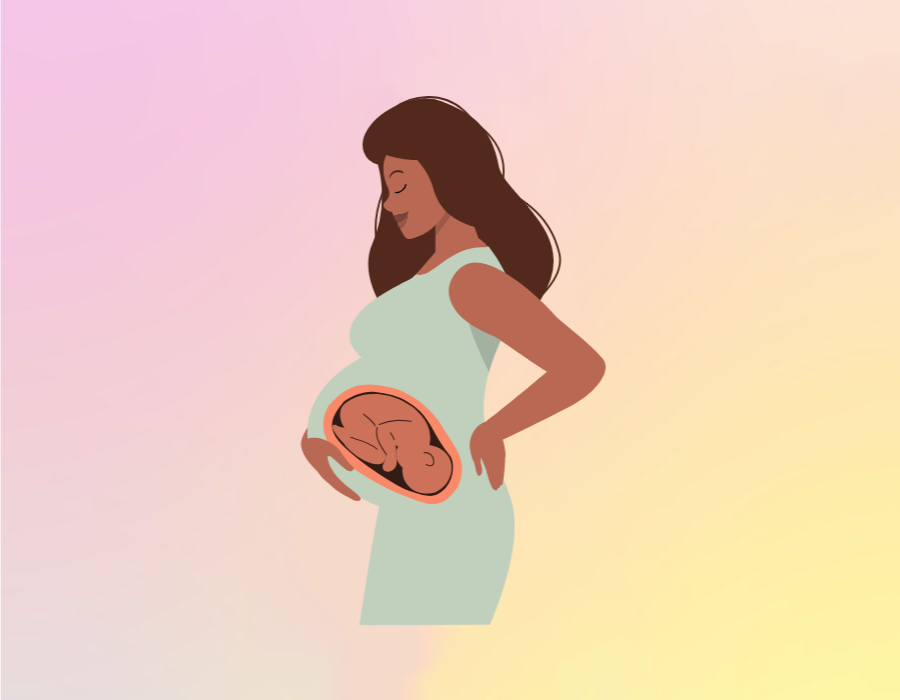Want to get pregnant quickly? All the essential information you need to know about preparing for pregnancy is right here!
If you have any queries or suggestions, please feel free to reach out via email to info@harisonfitness.com. We will do everything in our capacity to ensure that you love your experience with us.
Preparing for pregnancy not only helps to improve your physical condition, but also allows you to conceive quickly, while ensuring the health of both the baby and the mother. So, if you want to conceive quickly, read on to find out how to prepare for pregnancy.
1. Having intercourse around the time of ovulation increases the likelihood of sperm and egg meeting
Over 95% of pregnancies occur within 5 days before ovulation and 1 day after ovulation, with the highest likelihood of conception occurring 3 days before ovulation, on the day of ovulation, and 1 day after ovulation. For women with regular menstrual cycles, ovulation typically occurs approximately 11–14 days before the expected start of the next menstrual period. Engaging in intercourse during this period can help increase the likelihood of conception.
If your menstrual cycle is irregular, you may need to use ovulation prediction kits or ultrasound monitoring to track ovulation and improve your chances of conception. When the ovulation prediction kit shows a strong positive result or ultrasound monitoring indicates that the follicle size is around 16–22 mm, you can schedule intercourse, approximately every 1–2 days.
2. Conceiving before age 35
During the reproductive years, starting to prepare for pregnancy earlier is better than waiting. Even for a third child, conceiving during the prime reproductive years allows for faster recovery. This is because female fertility declines rapidly after age 35, with reduced ovarian function leading to a dual decline in egg quality and quantity, thereby lowering the probability of pregnancy and reducing embryo normality rates. Therefore, for women aged 35 and above who wish to conceive more quickly, it is advisable to seek professional medical assistance. With the guidance of a doctor, you can optimize your preconception preparation and pregnancy outcomes.

3. Use medications with caution
If you are taking medications for other reasons, discuss this thoroughly with your doctor during preconception planning to minimize the impact of medications on fertility.
4. Treat conditions that may affect fertility before conceiving
If you have a history of conditions that may affect pregnancy, such as thyroid disease, chronic pelvic inflammation, ectopic pregnancy, endometriosis, autoimmune diseases, cancer chemotherapy or radiation therapy, menstrual irregularities, recurrent miscarriages, familial infertility, or severe systemic diseases like heart or lung conditions, it is recommended to undergo specialized examinations before planning to conceive. Once the timing is appropriate, you may begin trying to conceive.
5. Quit smoking and drinking, and manage emotions
During the preconception period, couples should avoid smoking and drinking, as these habits can impair embryonic development, leading to birth defects and hindering healthy conception.
6. Engage in appropriate exercise
Appropriate exercise can be beneficial for conception. The following exercises can be performed to increase the likelihood of pregnancy.
Aerobic exercise
l Duration: Approximately 10–30 minutes daily
l Activities: Brisk walking, jogging, swimming, dancing, aerobics, etc.
l Benefits: Enhances physical fitness and increases the likelihood of ovulation.

Core muscle training
l Exercise duration: Once a day, can be done after aerobic exercise
l Exercise types: Sit-ups, plank, mountain climbers, etc.
l Benefits: Protects the back and spine, reduces the difficulty of future childbirth






Leave a Reply
Want to join the discussion?Feel free to contribute!